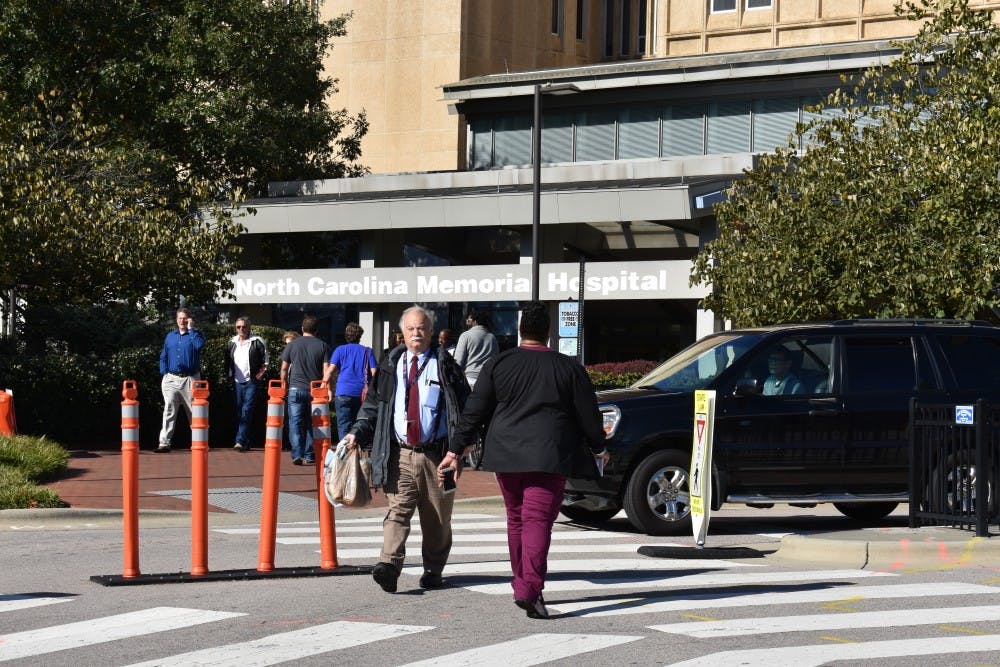This month marks the third anniversary of UNC’s participation in the largest genetic autism research study in the United States.
UNC is one of 25 clinical sites to partner with the Simons Foundation Powering Autism Research for Knowledge study. The research initiative is a nationwide effort to gather genetic information from 50,000 participants on the autism spectrum and their biological parents to advance autism research.
Gabriel Dichter, director of research at the Carolina Institute for Developmental Disabilities, said one of the main goals of the SPARK project is to help determine the genes that cause autism.
“The other goal is, for down the road, to use that genetic information to help us conduct research that evaluates the potential to link individual patients with autism to particular interventions based on their genetic signature, if you will,” Dichter said. “Our hope is that this will help guide us down the path of personalized medicine to be able to match patients to treatments based on what we know about their genetics.”
UNC’s initial involvement in the SPARK project began in early 2016 as one of three pilot sites before the larger national launch in April of the same year. Dichter said UNC has been able to play an integral role in the research study due to an “ongoing relationship” between the Carolina Institute for Developmental Disabilities and nearly 7,000 families who have members with autism.
This community of families, as well as therapy programs and other resources offered by UNC’s Treatment and Education of Autistic and related Communication-handicapped Children, or TEACCH, has been instrumental in finding interested individuals to participate in the SPARK study.
Dichter said participants are first directed to an online registration and consent process, where they answer survey questions. Then, they receive a kit in the mail, where the study participant with autism and their family members provide saliva samples. Dichter said the Simons Foundation processes the DNA samples and if they detect a “meaningful” genetic profile, they send the results of their genetic analysis to the family’s physician or a genetic counselor to help the family interpret the data.
“Saliva grosses me out and I was able to do it,” said SPARK study participant and Durham resident Josephine Arguelles. “And my kids loved it, they thought it was the best day, like my seven-year-old was over there power-spitting into this tube, he thought it was great.”
Arguelles’ older son, Eric, was a part of a TEACCH program to help him with his anxiety, which is how her family originally found out about SPARK.




